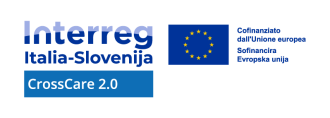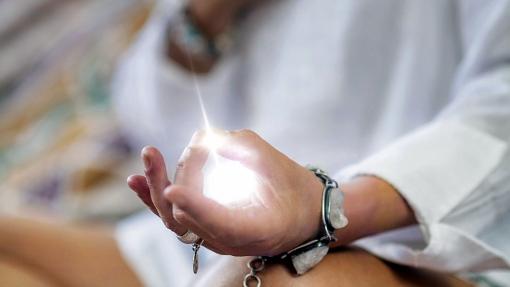A pathway to reduce stress and improve psychophysical well-being comes to life thanks to the CrossCare 2.0 project
SACILE – A theoretical and practical course to reduce stress and burn-out, aimed at improving people's resilience and psychophysical well-being. Aimed at the social workers of the Ambito Livenza Cansiglio Cavallo and at volunteers working at the Residenza Protetta and Centro Diurno for the elderly in Sacile, the initiative ‘Let's support those who care for us’, part of the European Interreg Italy-Slovenia project ‘CrossCare 2.0’, which started on 16 January and will continue until 16 April, is now coming to life.
The course, which is part of the broader dissemination of the community pact, is promoted by the Municipality of Sacile and the Residenza Protetta thanks to the full support of the mayor Carlo Spagnol and the councillor Antonella Baldo, and by the Cooperativa sociale Itaca, the lead partner of CrossCare 2.0, a project co-financed by the EU and included in the Interreg VI-A Italy-Slovenia 2021-2027 Programme.
Among the objectives are the increase of the ability to organise one's own and others' work, leadership skills, and the increase of the propensity for innovation and work performance. The course also aims at the acquisition of transversal skills related to stress and anxiety.
‘CrossCare 2.0 is allowing us to teach the technique of transcendental meditation within the Residenza Protetta of Sacile,’ says director Rossano Maset, ’to a group of social and health workers working in the Ambito area and to a group of volunteers who assist our beneficiaries on a daily basis. Thanks to this technique we will be able to have results in terms of increased mental, psychological and physical health for people of both targets'.
The course is led by Alberto Della Vedova, teacher of transcendental meditation for the Fondazione Maharishi, who points out that ‘the technique is extremely simple, natural and effortless, and allows one to experience a deep rest capable of removing even the most deep-rooted stresses. This provides a practical solution to the problem of stress, especially in the work environment, where one can find oneself in situations of tension or pressure. The results we expect to achieve involve every aspect of life, first and foremost physical and psychological health, and also general efficiency in terms of clear thinking, energy and daily endurance'.
Part of the pathway is the desire to assess the usefulness of the proposal at a neurophysiological level. Through the collection of some data and measurements by MyLife360, a company specialised in all-round psycho-physical wellbeing in Veneto and Friuli Venezia Giulia, and already involved in other important objectives of CrossCare 2.0, it will be possible to observe and monitor the impact that transcendental meditation may have on the general wellbeing of the people involved, and to carry out a multidimensional assessment of the benefits, with the eventual aim of making the proposal replicable.


